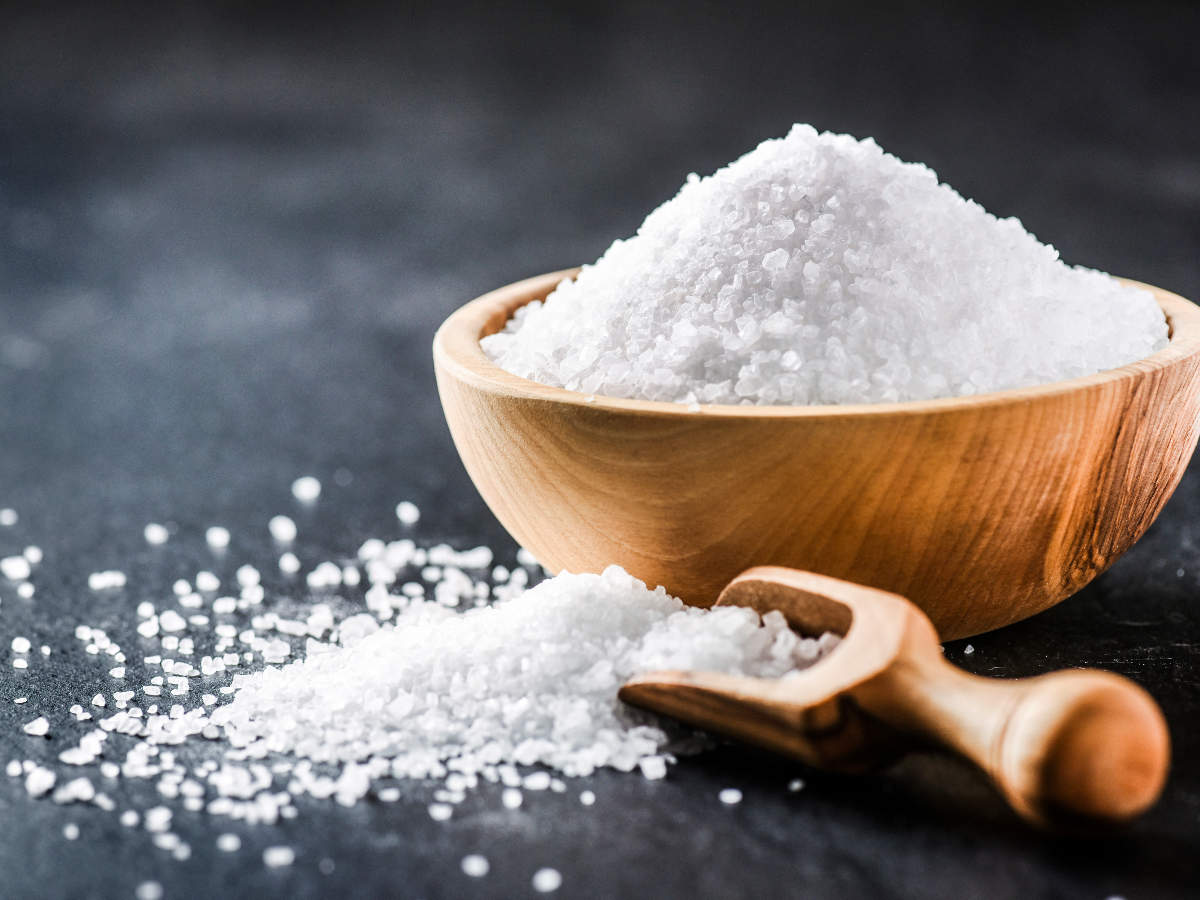The Thyroid Gland
The thyroid is one of those mother glands of the body, overseeing some major areas while quietly running in the background. It goes about efficiently and smoothly. Yet, when something starts to go wrong, or weaken a bit it can try and mask those challenges (just like a parent does to a child- always trying to give a brave face). This means that those all important symptoms of the Thyroid not being 100% are harder to spot; troubled sleeping, sore muscles, tired/achy body. All symptoms that could be brushed off as something just part of the day.
The problem sets in when these symptoms continue to happen day after day and eventually being a regular occurrence that we deem 'just a part of life'. These are the things we tell ourselves...
"I'm tired all the time because I'm over 35."
"My body just gets sore because I don't move enough."
"I'm cold all the time because I'm built differently."
"My cycle is erratic and has always been that way."
"I just can't lose weight, no matter how much good food I eat, or exercise."
"My hair is in bad shape because the weather is so dry (or cheap shampoo)."
What does the Thyroid do exactly?
I like to think of the Thyroid as the gland that controls the rhythms of the body. Most of the internal balances or scales, so to speak, are kept in check through the Thyroid and it's hormones. Much like when a squeaky wheel gets the grease, the Thyroid is quiet though, when hurting and when it's running smoothly.
The main purposes are about metabolic functions of the body. How the system cycles ebb and flow. When these are in disorder, it's noticeable. When your body is constantly 'running hot' or slow like molasses, it creates a unique burden. It's like going for a walk; go too slow and you never arrive at your destination, it also requires effort to force your body to pull back. Sprint full tilt the whole way and you burn out before you arrive.
The Thyroid is part of the Endocrine system which is traditionally described as the body's feedback loop. It's what helps to communicate from one area to the body to the other when something needs to be adjusted (just like your pace). You could look at the thyroid as the interpreter that listens to the information and sends messages accordingly.
Our "job" is to keep our vessel moving and everything communicating like the well oiled machine our body truly is.
| Signs of HYPOTHYROID | Signs of HYPERTHYROID |
|
Fatigue Weight gain/ difficulty losing weight Coarse/dry hair Hair loss Muscle cramps Memory problems Abnormal menstrual cycles Decreased libido |
Fine, brittle hair Enlarged thyroid gland Difficulty sleeping Menstrual issues Rapid heartbeat/irregular heartbeat Fatigue, muscle weakness Nervousness, anxiety and irritability Bowel changes |
Both of these sets of problems are extremely similar. That's because iodine and our thyroids govern a lot of the rhythms, keeping everything smooth and balanced. A lot of the symptoms can be also relatable to those familiar with mineral deficiencies (iodine is a mineral after all). Minerals are a corner piece of hormone production.
You can see the relationship where if your body is having a hard time producing hormones that this would apply to more than just a single hormone, but a system wide issue. Our bodies take minerals- proteins/amino acids- water/fats- and enzymes to create hormones. Supplying the raw mineral is one added boost, but ensuring that the rest of the chain is present can be equally if not more beneficial!
Iodine and your Thyroid
Our bodies are constantly thirsty for iodine and there are plenty of sources we can use to help it. Iodine is the lubricant that runs the gland. The greatest dominance of raw minerals tends to come from ocean areas where concentrations are highest (it's still around there too, especially in soil surrounding ocean areas). We can ensure that we're getting this mineral through food and supplementation.
At the same time, there's the ability to reduce things that will 'block' iodine. Goitrogens block the thyroids ability to produce thyroid hormones. Much like pressing the breaks on a car to slow or stop the movement of the vessel.
| Goitrogens | Goitrogenic foods |
| These foods, when exposed to heat, the goitrogens are neutralized. ALTHOUGH there are some who use high amounts of vitaminC to counter the goitrogens in some of these broccas (Kale specifically), this is essential if you want to consume higher volumes of these foods in RAW form. |
Soy Broccoli Cabbage Cauliflower Brussel Sprouts Kale |
For those that live far away from the ocean and closer to the interior, we're lucky in that we can still have these foods available in local food stores and such, we can also supplement which can help us maximize the results.
Iodine is a micro-nutrient in that we don't need a large physical volume, but we do require in frequency, what it does make up for in it's stature it more than makes up for with it's punch!
Vegan/Vegetarian sources of iodine
-Sea vegetables: Kelp, Nori and Dulse
-Dried Prunes
-Sea salt
Avena products with Iodine:
| H/C Plus |  |
| Electric C |
|



